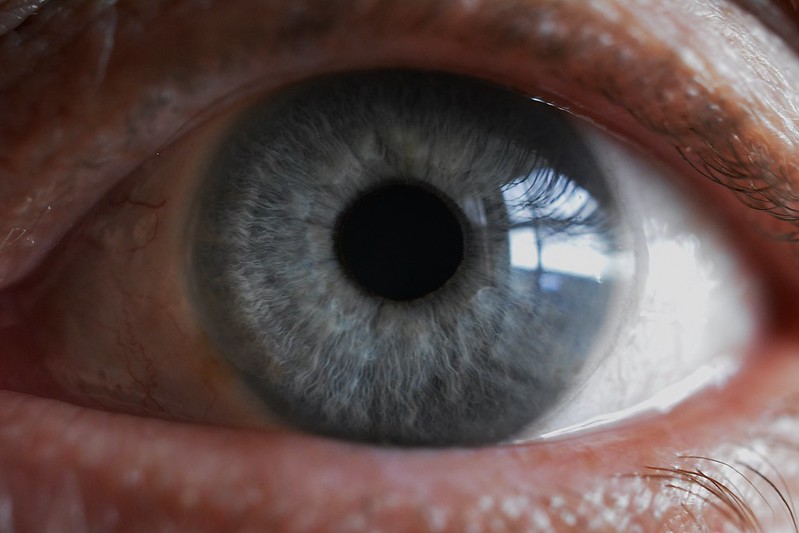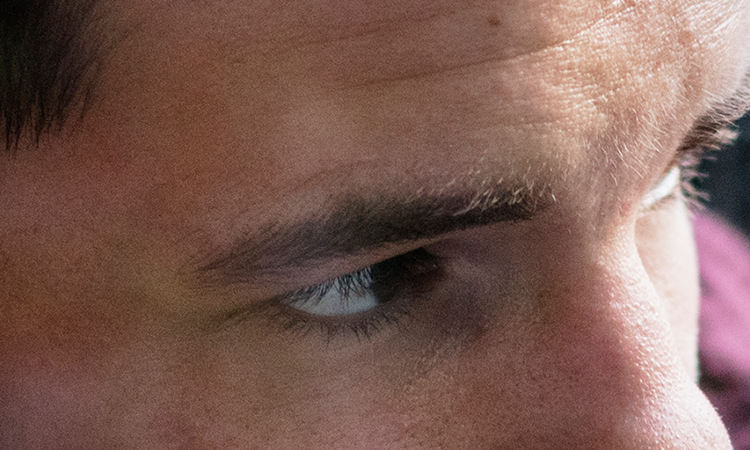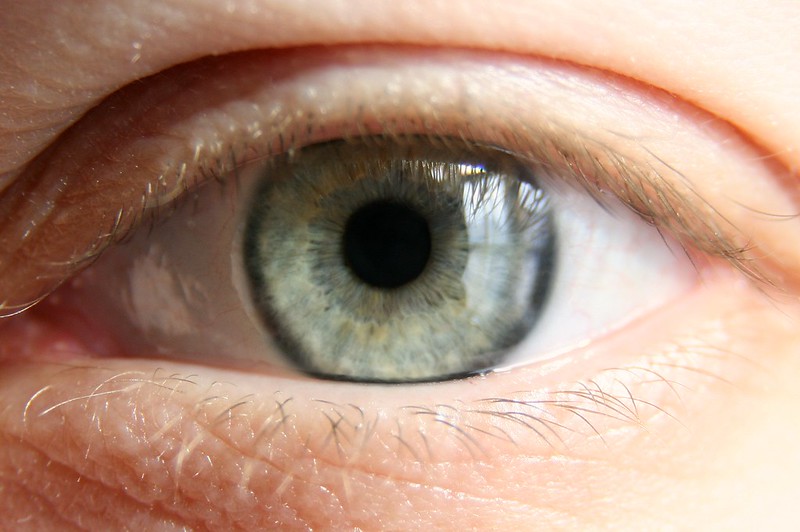EMDR is a neurobiological intervention that works by targeting specific areas of your life, including early childhood memories, traumatic events, beliefs about yourself, strong emotions, body sensations, and current stimuli. EMDR works with the body’s healing networks to help the nervous system find, resolve, and eliminate emergency responses.
This allows the body to return to balance, relieving many symptoms of post-traumatic stress disorder (PTSD), anxiety, depression, and even psychosis.
How does EMDR therapy help treat depression?
One of the most common EMDR techniques used to help clients deal with depression is to identify strong and negative thoughts or beliefs that trigger their symptoms. These thoughts can greatly affect the quality of life and may include things like, “I’m not good with anyone”; “People are better off without me” “Things will never get better” “It’s my fault;” or “I am unloved.”
By working with these specific thoughts and identifying key life events, experiences, or traumatic memories that led to the development of those beliefs, you can begin to relieve depression symptoms.
One study reviewed this technique for treating depression for patients diagnosed with major depressive disorder (MDD) that significantly affected their quality of life. Participants achieved a significant and significant reduction in their depressive symptoms after receiving six to eight sessions of EMDR therapy.
Here are four examples of how EMDR can be used to treat different types of depression:
1. EMDR in the treatment of MDD
EMDR is used to treat major depression (MDD) by targeting the negative beliefs and self-talk that lead to depressive symptoms. EMDR is based on the Adaptive Information Processing (AIP) paradigm, a theory that states that things that happen to us lead to our internal dialogue and the nervous system’s response to life events.
Because of the limited information our brain has to use when something negative happens, we may jump to certain conclusions about ourselves or the world. Alternatively, due to the increased activation of our emergency operations when something painful happens, it may get stuck in overclocking. The brain will use the same limited data to inform us of current or future events and our contingency response may be sensitive to activation.
2. EMDR in the treatment of the reactive depression
EMDR is used to treat reactive depression by focusing on reprocessing and desensitizing the event in which the depression began. It is important to note that this differs from expected grief, which is part of bereavement and addressing the loss or death of a loved one.
3. EMDR in the treatment of PTSD with comorbid depression
Pathological depression occurs along with another problem. EMDR has been shown to significantly improve symptoms of depression associated with PTSD. Focuses on addressing the origins of trauma, including events and context. As the mind and body recover from trauma, depression also begins to heal
4. EMDR in the treatment of grief expected from loss
Although symptoms of depression after a loss are a normal part of bereavement, EMDR treatment can relieve some of its severity. This prevents long-term deformities that can arise from the loss, particularly if it is painful. EMDR treats sadness by focusing on one or all of the following: strong emotions, body sensations, negative self-beliefs, and disturbing stimuli such as images, sound, or smell.
Is EMDR effective in treating depression?
Studies confirm that EMDR is an evidence-based practice for treating depression. Although more research is needed for certain types of depression, evidence shows significant improvement in depressive symptoms for EMDR participants. One study showed that MDD patients achieved a significant reduction in symptoms after six to eight sessions.
A narrative summary of randomized controlled trials (RTC) with depressed patients cited two studies where there was a significant reduction in depressive symptoms after treatment. One study also reported that improvements remained at a three-month follow-up
An additional analysis of randomized controlled trials that compared EMDR to cognitive behavioral therapy (CBT) for the treatment of depression found that both significantly reduced symptoms. However, those in the EMDR treatment group experienced near-complete remission. The study also found that those who received EMDR versus CBT viewed it as a less negative experience.
Woman crying photo created by wayhomestudio – www.freepik.com

Eye Movement Desensitization and Reprocessing
Eye Movement Desensitizing and Reprocessing Therapy treatment is short-term, effective, and can be done in person or at home through online therapy.
EMDR Therapy Phases
The eight stages of EMDR therapy are a map that the EMDR therapist follows to provide a framework for understanding the treatment process.
EMDR as Treatment
EMDR therapy is an effective way to get over your past and serves as a treatment option for those suffering from anxiety, panic, post-traumatic stress disorder, or trauma.
EMDR & Anxiety
EMDR Therapy is often used to treat anxiety disorders as more and more clinicians & patients begin to understand the benefits of treatment.
EMDR & Depression
Identifying strong & negative thoughts or beliefs is a key benefit of EMDR Therapy, making EMDR a strong treatment for depression & major depressive disorders.
EMDR & Poor Job Performance
Both employees & executives often work at below their potential because of past trauma caused by a history of criticism, mistakes , self-questioning or relational abuse. EMDR Therapy can help.
EMDR & Low Self Esteem
EMDR Therapy is an effective treatment for helping those with low self esteem. It can define if your feelings are the result of abuse as a child or if something more recent is impacting your self esteem.
EMDR & Sexual Dysfunction
Sexual dysfunction often ties back to deep-rooted psychological causes; EMDR Therapy helps the patient (and therapist) get to the root cause and have a chance to "reprocess" the info for a better result without dysfunction.
I am a Licensed Professional Counselor (LPC) & Mental Health Service Provider (MHSP) in Tennessee
I am a firm believer in the effectiveness of EMDR Therapy and have seen the treatment help my patients time and time again. With over 15 years of experience in traditional personal & family therapy & counseling in my background, I find as an EMDR therapist in Tennessee that the treatment works faster to highlight and address deep-rooted problems than traditional treatment modalities. Most of my patients end up working with me through traditional therapy and counseling while also undergoing EMDR therapy under my direction.

Steven Lepley LPC, MHSP
Licensed in Tennessee
I am a Licensed Professional Counselor, Mental Health Services Provider & EMDR Therapist offering virtual telemedicine appointments throughout all of Tennessee.
Ask me about my experience & how I can help you address the challenges you are facing. Call me or text me at 615.330.2659.
